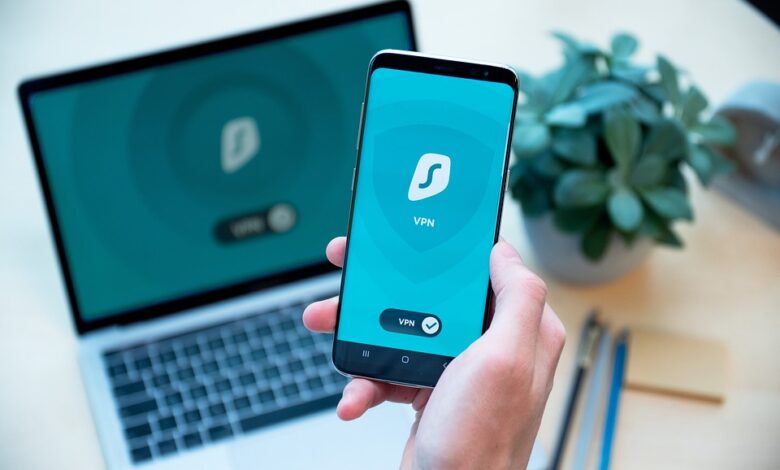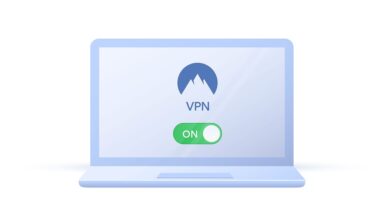VPN or Proxy: Decoding the Pros and Cons for Optimal Online Privacy

VPN or Proxy are now essential with the rise in cyber threats and intrusive surveillance practices, it’s no wonder that people are increasingly turning to virtual private networks (VPNs) or proxies to safeguard their online activities. However, understanding the pros and cons of these privacy tools is crucial for effectively protecting personal information while exploring the vast realm of the internet.
Let’s first delve into the concept of VPNs. A VPN functions as an encrypted tunnel between your device and the internet, routing your internet traffic through an intermediary server located in a different geographical location. This process ensures that your IP address remains hidden and your data is encrypted, thereby enhancing privacy and anonymity.
One of the significant benefits of using a VPN is the protection it offers against malicious activities. By encrypting your data, VPNs prevent hackers from intercepting sensitive information such as passwords, credit card details, or personal communications. This encrypted tunnel also shields your browsing history from your internet service provider (ISP), giving you the autonomy to explore the internet without fear of being monitored or targeted by advertisers.
Moreover, VPNs enable users to overcome geo-restrictions imposed by certain websites or streaming platforms. By connecting to a server located in a different country, individuals can access content that is otherwise unavailable in their region. This is especially beneficial for individuals traveling or residing in countries with strict internet regulations.
On the flip side, there are a few potential drawbacks to using VPNs. Firstly, they tend to slow down internet speeds due to the additional encryption and rerouting. While modern VPN services strive to offer optimal speed, it may still be a concern for users who require a fast and seamless browsing experience.
Another limitation is the trust factor. VPNs rely on the provider’s server to maintain your privacy. Therefore, it is essential to choose a reputable and trustworthy provider that has a strong track record for protecting user data. Opting for free or dubious VPNs may expose your information to potential breaches, defeating the purpose of using a VPN in the first place.
Now, let’s touch upon the concept of proxies. A proxy server acts as an intermediary between your device and the internet. It allows users to connect to websites through its server, thus masking their actual IP address and location. Proxies are relatively easier to set up and configure, making them a popular choice for some users.
One primary advantage of proxies is that they can be used to bypass certain restrictions imposed by networks or firewalls. They provide anonymous access to websites, making it difficult for network administrators or third parties to track internet activity. Proxies are also useful for providing additional security layers, acting as a barrier between your device and potential threats.
However, proxies have their limitations too. Unlike VPNs, they don’t offer encryption, leaving your data vulnerable to interception. This lack of encryption also means that proxies are unable to secure sensitive personal information, such as login credentials or banking details from malicious actors.
Furthermore, not all websites are compatible with proxies. Some sites can detect proxy usage and block access altogether, leaving users frustrated and unable to access certain content.
In conclusion, both VPNs and proxies offer viable solutions for online privacy, but it’s crucial to weigh their pros and cons before making a decision. VPNs provide comprehensive encryption and anonymity, making them suitable for those who prioritize strong privacy measures. On the other hand, proxies are less secure but can be adequate for circumventing certain restrictions or accessing content in unblocked locations. Regardless of the chosen option, it is important to select a reputable provider, read privacy policies meticulously, and maintain caution while sharing personal information online. With these precautions in place, users can enjoy optimal online privacy in an increasingly interconnected world.




